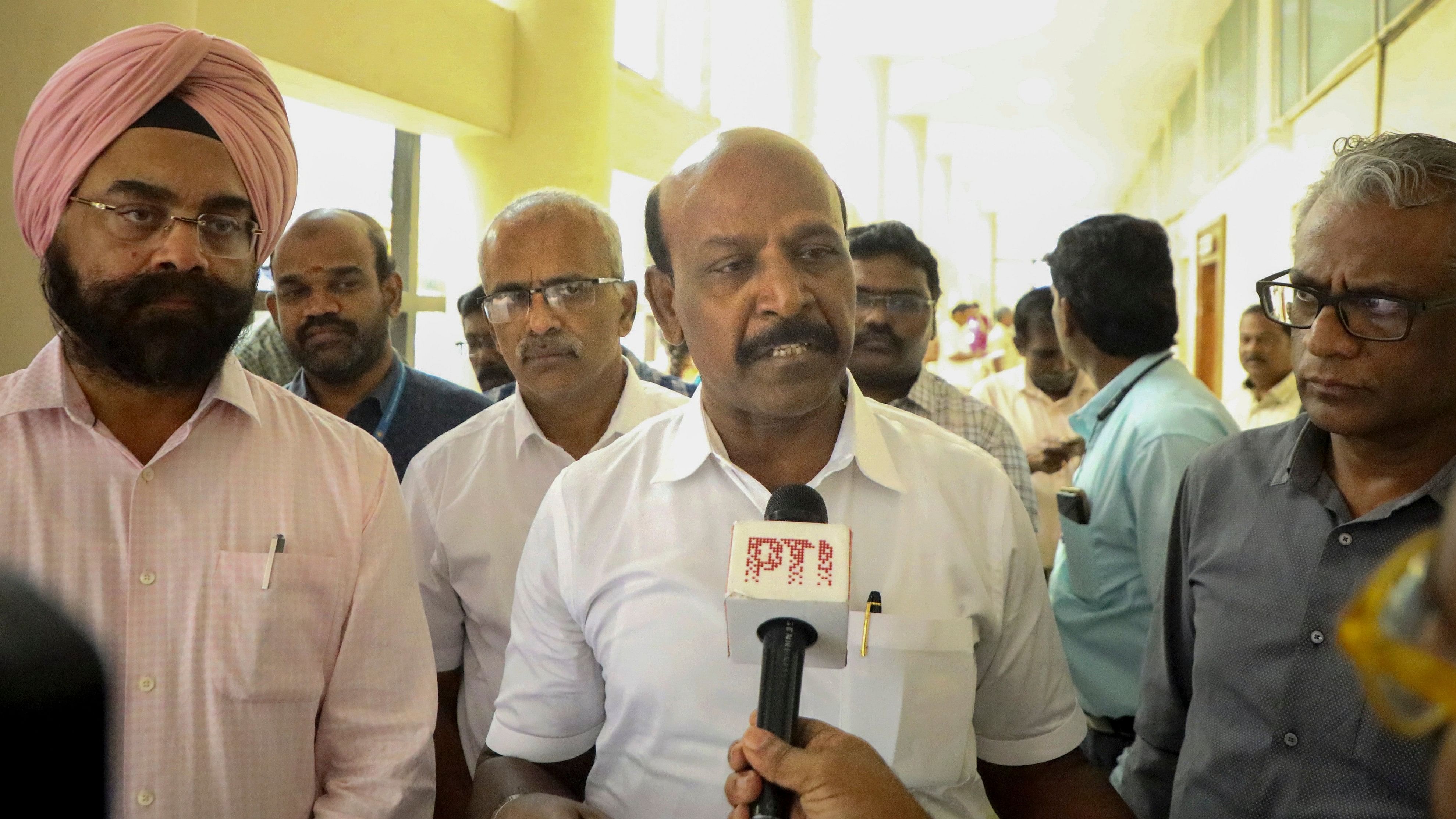
Tamil Nadu Health Minister Ma Subramanian
Credit: PTI File Photo
Chennai: Latching on to alleged “irregularities” in the conduct of National Eligibility-cum-Entrance Test (NEET), the Tamil Nadu government on Thursday reiterated its opposition on the exam for admission into medical and dental colleges and called for its eradication.
Health Minister Ma Subramanian, who addressed a press conference here, raised a volley of questions to the National Testing Agency, which conducts NEET on how grace marks were given to students who appeared for the test from particular exam centres. He also said there was “no logic” behind giving grace marks to students on the basis of “lack of enough time”, saying latecomers are never allowed inside the exam halls.
Subramanian said the recent events, including the NTA informing the Supreme Court that it has cancelled the grace marks to over 1,000 students, showed that the exams are not conducted in a “fair” manner and that it is discriminatory against students from poor backgrounds. The minister said Tamil Nadu has always opposed NEET and listed the measures taken by the DMK government to get the exam scrapped for students from Tamil Nadu.
“An exponential increase in the number of people scoring a centum in 2024 rising to 67 from two in 2023 is alarming. We have a doubt on how it can increase exponentially. In 2020, only one scored a centum, and it rose to two in 2021 but came down to zero in 2022. Again, two people scored a centum in 2023. But this year, it is 67,” Subramanian said.
He added that NEET not just undermines federal polity, and is against social justice. The minister said the DMK government passed a bill against NEET in the Tamil Nadu Assembly in 202, which was returned by the Governor in 2022 but was sent back to him once again.
“The bill is pending before the President of India. Several Union ministries sought many clarifications and we responded to every query. We now believe that NEET isn’t needed and it should be eradicated,” the minister added.
NEET has been a contentious issue in Tamil Nadu where the exam is perceived as “anti-poor” and “discriminatory” in nature against students from government schools and from rural background.
At least two dozens students have died by suicide since 2017 due to failure of clearing the exam or fear of appearing before it.